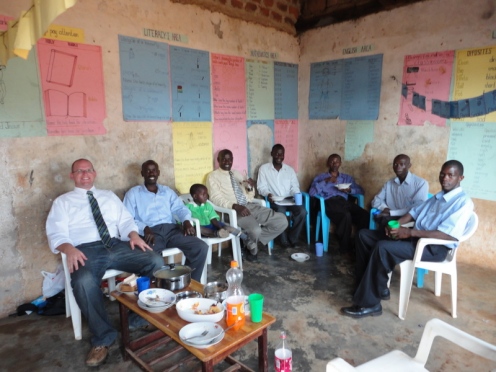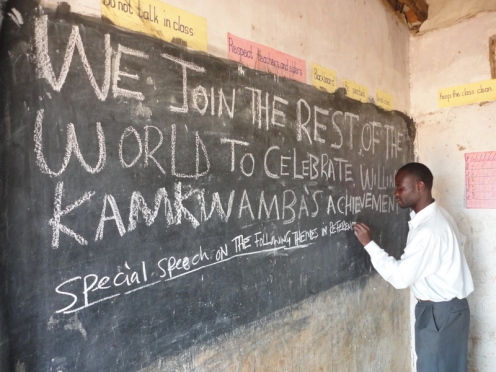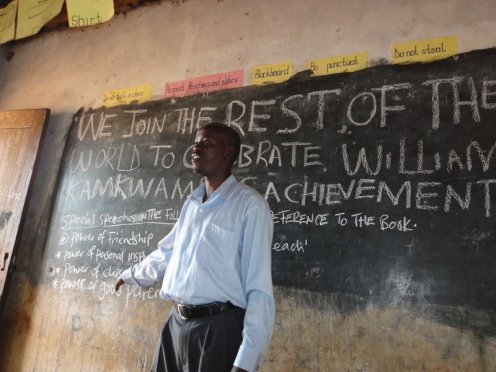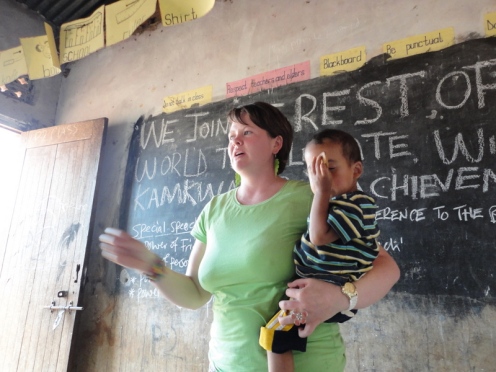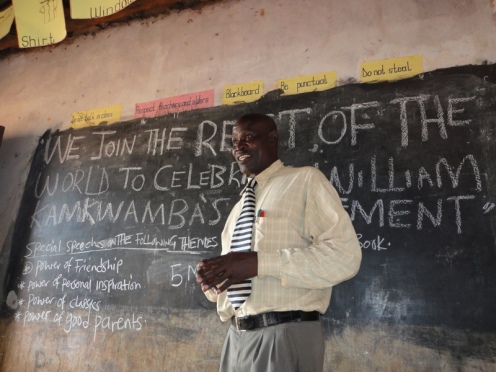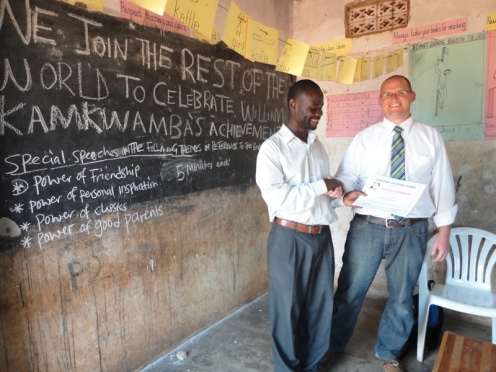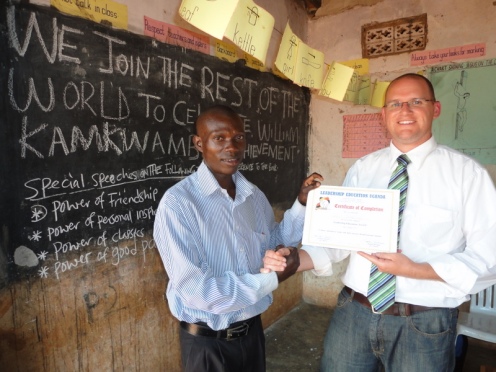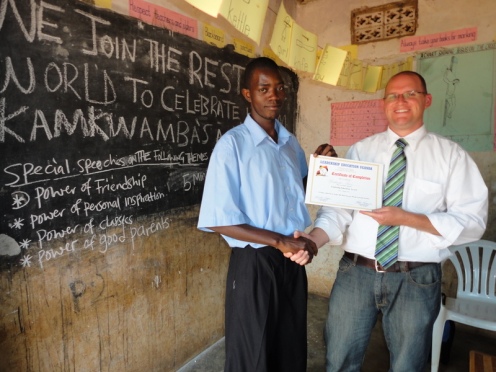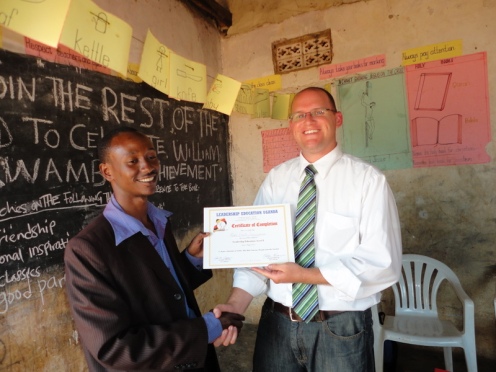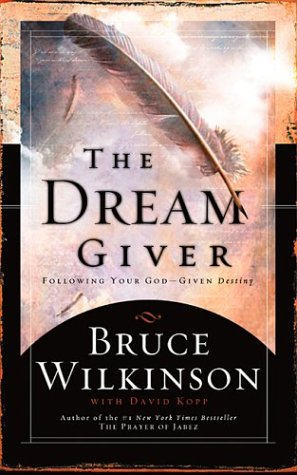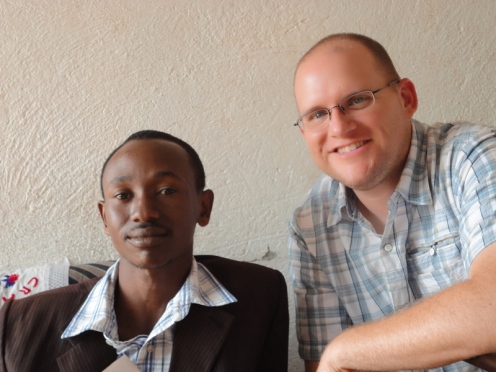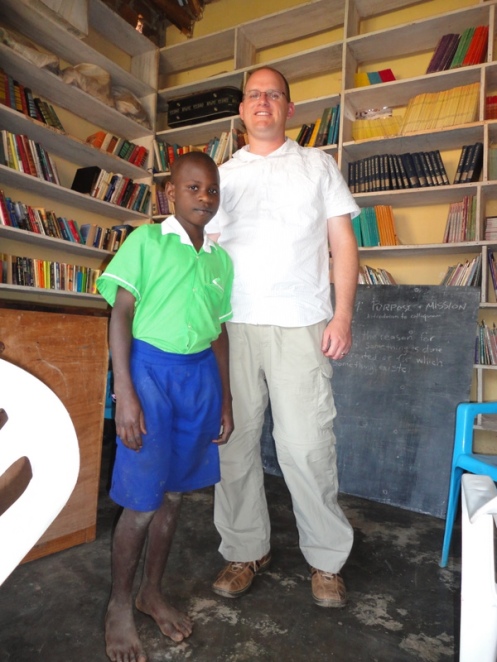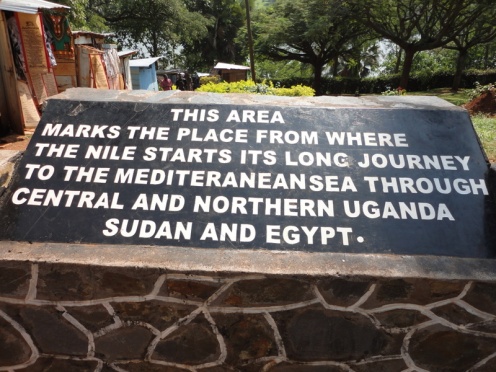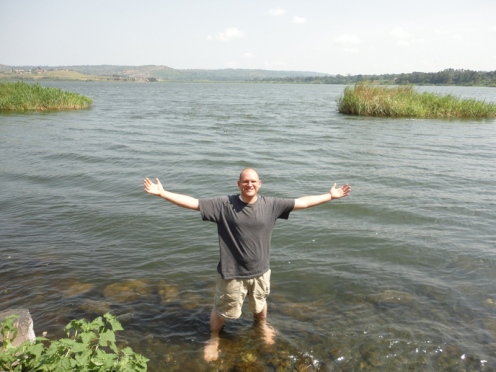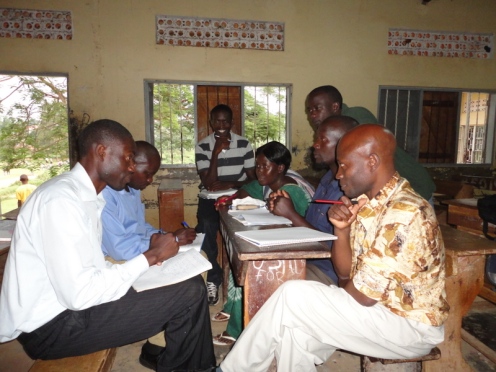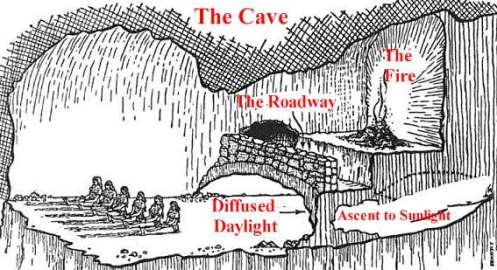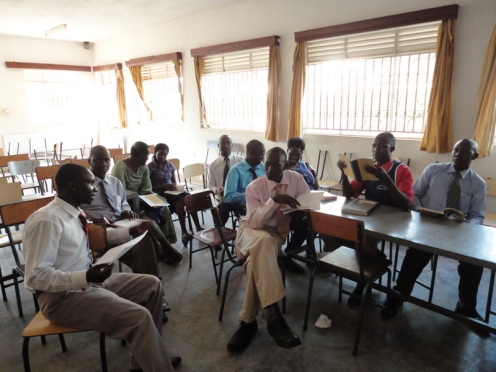This will likely be my last post from Uganda. I don’t think I could find adequate words to express my love of this country, the people I’ve interacted with, and Leadership Education. All three have improved my life, expanded my understanding, and touched my heart. I hope I can return with my family.
I am in love with the work that I have been able to do here. One of my reasons for coming to Uganda was hopefully to clarify my purpose in life. I have felt called to teach. In my last post, I explained how teaching is part of my greater purpose to promote and defend liberty. Leadership Education does this. It will create a free and prosperous country, but it does so by creating leaders who understand liberty, virtue, and duty to God, family, and country. It was an amazing experience to share this with around 20 teachers, who in turn taught me more than I brought to the table.
I had an opportunity to go on a safari, but as I weighed the decision to do so, I thought that I would rather spend my time and money celebrating with those I have grown to love. When I made that decision, I was afraid that I might regret it – a safari is an awesome experience! I never did doubt that I made the right decision, and when I saw my students meeting teachers from other schools I felt a spiritual confirmation that I made the right choice.
The inspiring men and women that I taught began their study of Leadership Education with the desire to be the best teachers possible. As they learned about Leadership Education and its application, their eyes quickly opened to the wider implications: better education, prosperity in business, and virtuous politicians prepared to lead, not merely assume power. They shared with me many astute observations. They shared their dreams and the inspiration they felt during our studies to pursue their dreams. Most of those dreams were tied directly to improving the conditions of their villages and Uganda as a whole.
I return to the United States a better husband, father, teacher, and statesman. It is because of my interaction with these powerful Ugandan teachers that I have become a better man. I am grateful for the opportunity to celebrate these men and women. Please click on the pictures to the right to see some photos of our party.
I also wish to express my appreciation for Meghan Muyanja, the Executive Director and creator of Leadership Education Uganda. Her initiative in creating this program made this opportunity possible for me, but more importantly, it has already begun to change Uganda as various teachers have completed all 4 levels and continue to study and teach others. Meghan’s leadership and mentorship have helped me develop my skills and confidence as a mentor. She has been a positive influence in my search for my personal purpose and missions.
I will also recognize Erin and Dan. Erin Reynolds was also a powerful mentor and example. Her example includes (but is not limited to) impressive scholarship, great writing, excellent teaching, and friendship. Dan kept me sane, safe, and productive during the first two weeks. He runs the Resource Center for us and helps facilitate classes. LEU would flounder without his hard work. He is my brother and my friend.
Finally, I wish to recognize those important people back home. Ammanda and Courtney, thank you so much for taking care of my wife and supporting her all the time, and especially in my absence. My parents and my in-laws deserve equal gratitude. They are awesome parents and have been supportive beyond what was expected or necessary. Thank you!
Most of all, I thank my beautiful, incredible wife and my fantastic kids! I couldn’t have done this without their support and blessing. I know this hasn’t been easy on them. The separation from them has been very difficult for me as well. All of the video chats and notes from the kids have made it tolerable. I’ve also enjoyed watching Ashlee develop as a teacher and mentor through her different endeavors. I love that we are both progressing in our purposes and I hope to one day work side by side outside of the home as well as at home.
Thank you all who have read my blog, sent emails, made comments, called to check on my wife, helped around the house, etc. I keep thinking of the saying that “it takes a village.” So thanks again to all those who make up my family’s “village”. I’ll see you soon!
With love from Uganda,
Jonathan Lubowa Mecham

